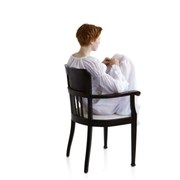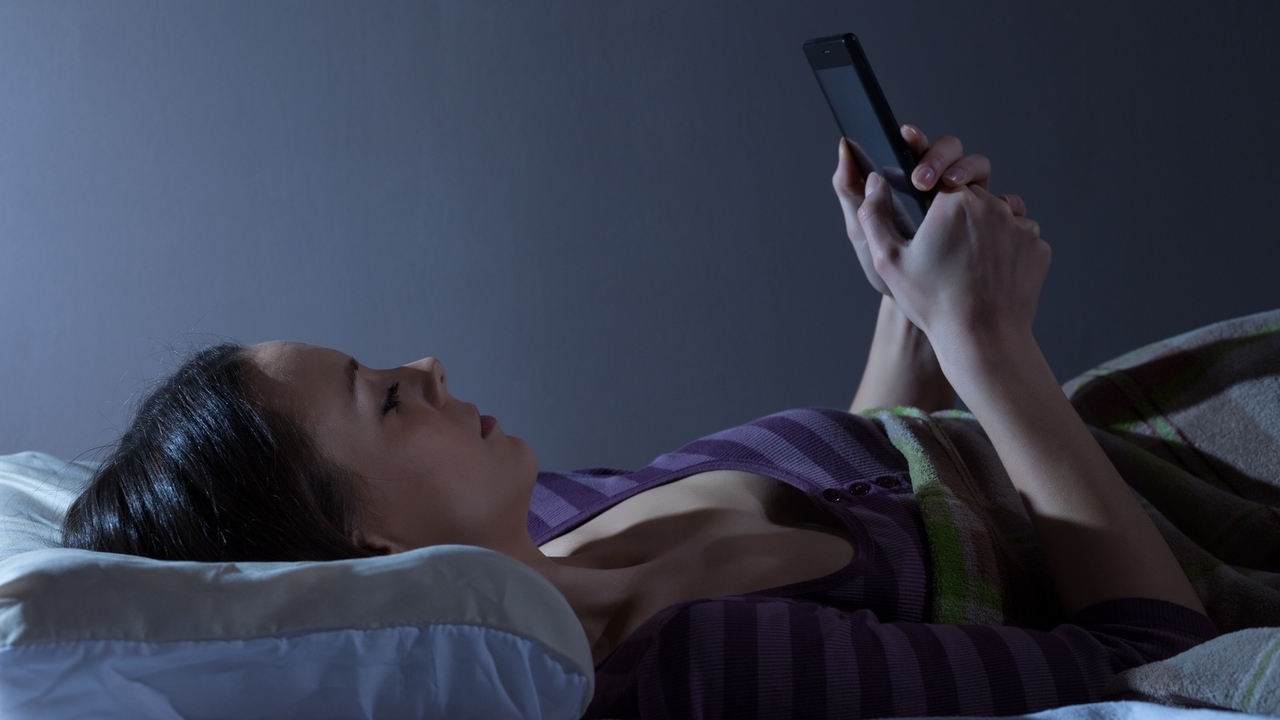 Photo: Getty Images
Photo: Getty Images
On October 26, 2011, Dr. Oz, America’s favorite doctor, did a show on insomnia and since I was planning to write an article on it today I decided to watch, hoping to learn something new. What I learned from Dr. Oz’s sleep expert, Dr. Michael Brues, and his guest from the show is that people that suffer from long-term insomnia felt shame that associated with the disease.
Some of the shame comes from the desperation the people have that they can’t sleep. They feel like sleeping is a normal part of daily living and if people are having difficulty sleep there is something wrong with them.
The second reason people feel shame is because if they take medications that don’t work they may start taking too much medication or a combination of medications to try to get to sleep.
Finally, people feel very isolated and alone in regards to sleep problems, and they don’t think that anyone else is having sleeping issues. Sleeping problem or insomnia is a problem that impacts over 60 percent of Americans, according to the National Sleep Foundations 2011 report.
Insomnia is defined as a disorder that makes it hard to fall asleep or stay asleep, or both. One of the messages that I would like to get across about insomnia is that there is no reason to feel ashamed. It is a disorder like any other disorder and the process to treatment is find the underlying cause of the sleep disturbance and correct that so the patient can sleep and enjoy normal daily activities.
Difficulty sleeping is related to many factors including mental stresses like anxiety and depression, daily habits and behaviors, hormonal levels, medications and food choices. Insomnia needs to be treated because the impact of poor sleep can exacerbate any existing health condition since it is during sleep time that our bodies rejuvenate, restore and recover from our daily activities.
If you body is already healing from another health condition, lack of proper sleep is actually acting as an additional stressor from the body. When we are deprived of sleep over a period of several days to several weeks it can impact our well-being to varying degrees.
Examples of some symptoms of impaired sleep are irritability, tiredness, inability to tolerate stress, frequent infections, behavioral learning or social problems, increased blood pressure, inability to lose weight or alterations of appetite, decreased productivity, breathing disorders, etc.
Next time I will continue to talk about insomnia and alcohol consumption. Check it out. You might be surprised at what you will learn.
Live Vibrantly and Sleep well,
Dr. Dae
Dr. Dae's website: www.healthydaes.com
Dr. Dae's book: Daelicious! Recipes for Vibrant Living can be purchased @ www.healthydaes.com
Sources:
"Annual Sleep in America Poll Exploring Connections with Communications Technology Use and Sleep | National Sleep Foundation - Information on Sleep Health and Safety." National Sleep Foundation - Information on Sleep Health and Safety | Information on Sleep Health and Safety. N.p., n.d. Web. 27 Oct. 2011. http://www.sleepfoundation.org/article/press-release/annual-sleep-america-poll-exploring-connections-communications-technology-use-
"Insomnia - MayoClinic.com." Mayo Clinic. N.p., n.d. Web. 27 Oct. 2011. http://www.mayoclinic.com/health/insomnia/DS00187
Dr. Dae's Bio:
“Dr. Dae" (pronounced Dr. Day) Daemon Jones is a Naturopathic Physician who treats the whole person using safe and effective combinations of traditional and natural methods to produce optimal health and well-being in the lives of her patients.
Reviewed October 27, 2011
by Michele Blacksberg RN
Edited by Jody Smith






Add a Comment1 Comments
Insomnia can be described as the inability to fall asleep, no matter how tired one feels and this can lead to sleepless nights and frustration. Insomnia can be caused by a whole range of factors; side effect of drugs or medication, stress or even poor sleeping patterns.
March 14, 2012 - 8:26amHave a bit of herbal tea before bed. Many people use herbal tea as insomnia home remedy. Most herbal tea (such as chamomile or fennel tea) is made up of natural ingredients which help a person to fall asleep faster and to stay asleep longer. Herbal teas can be purchased in a wide variety of places these days, including grocery stores and health food stores.
This Comment